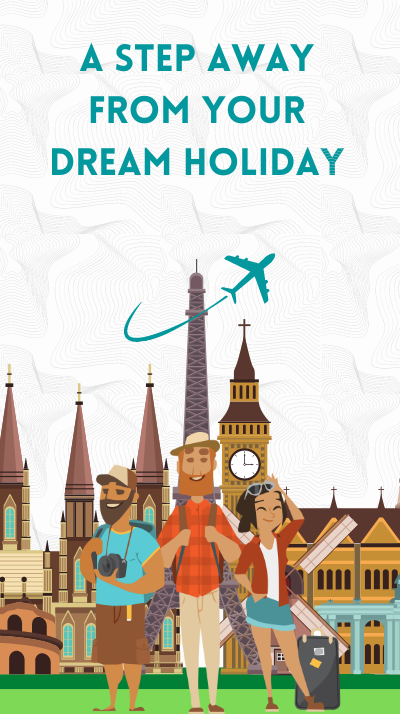The Maldive Islands are a series of coral atolls built up from the crowns of a submerged ancient volcanic mountain range. All the islands are low-lying, none rising to more than 6 feet (1.8 metres) above sea level. Barrier reefs protect the islands from the destructive effects of monsoons. The rainy season, from May to August, is brought by the southwest monsoon; from December to March the northeast monsoon brings dry and mild winds. The average annual temperature varies from 76 to 86 °F (24 to 30 °C). Rainfall averages about 84 inches (2,130 mm) per year. The atolls have sandy beaches, lagoons, and a luxuriant growth of coconut palms, together with breadfruit trees and tropical bushes. Fish abound in the reefs, lagoons, and seas adjoining the islands; sea turtles are caught for food and for their oil, a traditional medicine.
For most Western tourists, the U.A.E. offers an environment that is extremely familiar. The malls are extraordinarily modern, filled with virtually any product available in the West (save sexually explicit material; movies are censored, as are, to some extent, magazines). The less well known side of the U.A.E. includes remote, magnificent desert dunes on the edge of the Empty Quarter and craggy, awe-inspiring wadis in the north-east bordering Oman.
Alcohol is widely available at many restaurants and bars in Dubai and in the tourist hotels of every other emirate save Sharjah. There is a legal but roundly overlooked requirement to have a license to buy alcohol. The alcohol license is proof that the bearer is a non-Muslim. A passport will not suffice. However, you can purchase alcohol duty-free at the airport to bring into the U.A.E. Sharjah emirate is completely dry. An alcohol license is required in the emirates of Dubai, Abu Dhabi, and Ajman; the remaining emirates of Ras Al Khaimah, Fujairah, and Umm al Quwain do not require any type of license. The requirements to get alcohol license Dubai are (only if you are resident or owned the 2 years visa not the tourist or visit visa).
- photocopy of Emirates ID
- photocopy of valid passport
- photocopy of residence visa page
- Passport size photograph
The United Arab Emirates is a federation of seven different emirates, each with its own king (or Sheikh). The capitol emirate, Abu Dhabi, covers about 70% of the nation's land. Each emirate retains considerable autonomy, most notably over oil revenues. In theory, the President and Prime Minister are elected by the Supreme Council, which is composed of the kings of each of the seven emirates. However, in practice, the king of Abu Dhabi is always elected President while the king of Dubai is always elected Prime Minister, making the posts de facto hereditary. As a result the rulers--or Sheikhs--of each emirate are revered and can radically affect the way of life in his respective Emirate. Each Emmirate serves almost like a city-state, like a collection of seven Singapores. For example, Sheikh Mohammed bin Rashed al-Maktoum of Dubai is very modern, so Dubai is very forward-thinking and cosmopolitan. The ruling sheikhs of Ajman and Sharjah are more conservative, thus the rules there are stricter concerning religion, alcohol, and general living conditions.
 Sightseeing
Sightseeing Transport
Transport Hotels
Hotels